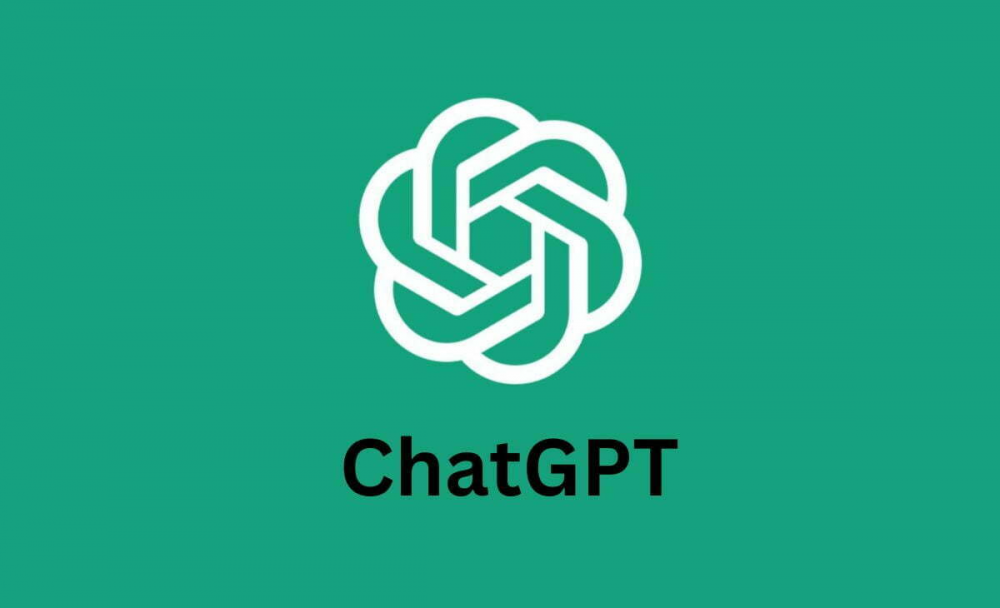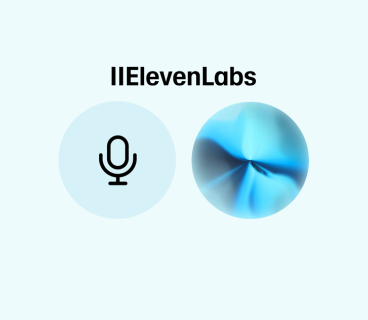Very few people regularly use much talked about artificial intelligence (AI) products like ChatGPT.
Researchers surveyed 12,000 people in six countries, including the UK, and only 2% of British respondents said they used such tools on a daily basis.
But research from the Reuters Institute and Oxford University shows that young people are bucking the trend, with 18-24 year olds using technology very enthusiastically.
The report's lead author, Dr Richard Fletcher, told the BBC there was a "mismatch" between the "buzz" around artificial intelligence and "public interest" in it.
The study explored the vision of generative artificial intelligence tools—the next generation of products that can respond to simple text queries with human voice responses, as well as images, audio and video.
Generative AI burst into the public consciousness when ChatGPT launched in November 2022.
OpenAI's chatbot grab set off a major arms race among tech firms, which have since spent billions developing their own generative AI features.
What is artificial intelligence?
However, this study shows that despite all the money and attention being spent on generative AI, it has yet to become a part of people's everyday internet use.
"The majority of the public is not particularly interested in generative AI, with 30% of people in the UK saying they have never heard of any of the most prominent products, including ChatGPT," Dr Fletcher said.
Hopes and fears
The new generation of artificial intelligence products have also caused a wide public debate about whether they will have a positive or negative impact.
Predicted outcomes ranged from economic growth for optimists to the discovery of new life-saving drugs.
Meanwhile, pessimists have gone so far as to suggest that technology is a threat to humanity.
Trying to gauge what the public thinks, this study found:
Most expect generative AI to have a major impact on society in the next five years, especially in news, media and science.
Most said they thought generative AI would improve their lives
People were more pessimistic about whether generative AI would make society as a whole good or bad.
"People's hopes and fears about generative AI vary greatly by sector," Dr Fletcher told the BBC.
"People are generally optimistic about the use of generative AI in science and health care, but are more wary of its use in news and journalism and concerned about the impact on job security."
He said the research showed it was important for everyone, including governments and regulators, to bring nuance to the debate around artificial intelligence.
The results are based on responses to an online survey in six countries: Argentina, Denmark, France, Japan, the United Kingdom and the United States.







